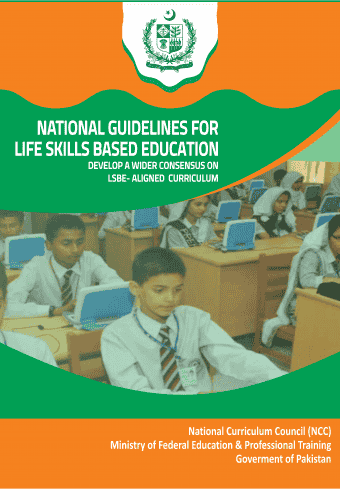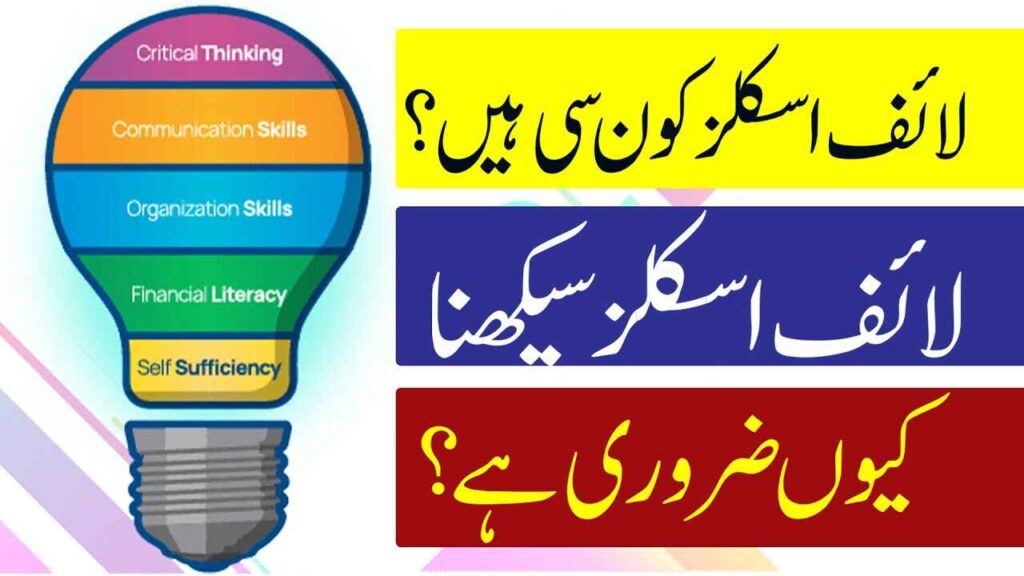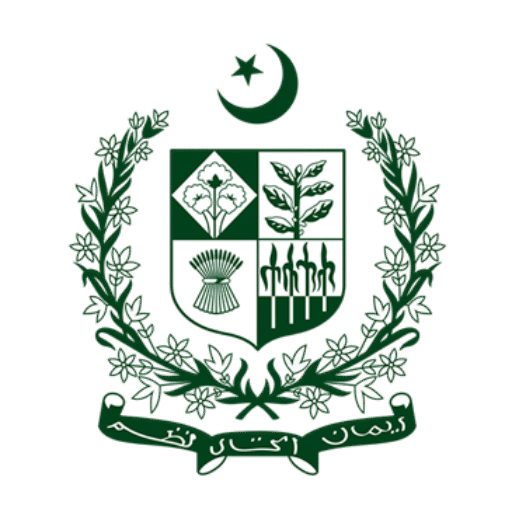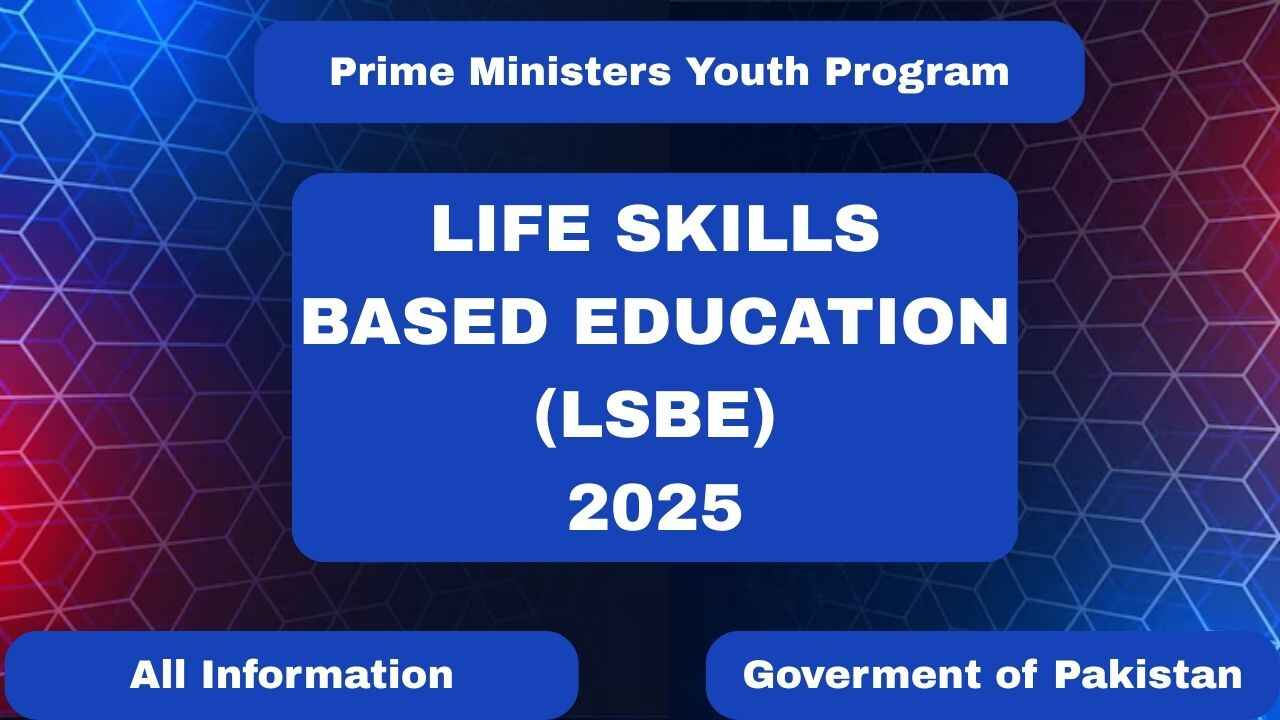Discover Pakistan’s National Guidelines for Life Skills Based Education (LSBE) 2025: goals, curriculum focus, implementation by NCC & Prime Minister’s Youth Program. Learn how LSBE aims to equip students with decision-making, emotional management, gender awareness, and life skills across grades 1-12.
Introduction to Life Skills Based Education
Life Skills Based Education (LSBE) has become central to Pakistan’s education reforms. The National Guidelines for LSBE 2025, developed by the Prime Minister’s Youth Program and National Curriculum Council (NCC), under the Ministry of Federal Education & Professional Training, lay out a framework to equip students with essential skills beyond academic knowledge. These include critical thinking, communication, emotional well-being, gender sensitivity, decision-making, and resilience.
What is Life Skills Based Education (LSBE)?
Life Skills Based Education refers to educational content and teaching methods that help young people acquire practical personal and interpersonal skills. These go beyond subject content and prepare students to deal with everyday challenges. Key components include:
- Self-awareness
- Empathy
- Effective communication
- Critical thinking & decision-making
- Coping with emotions & stress
- Gender sensitivity & rights awareness
Objectives of the LSBE National Guidelines 2025
The guidelines aim to:

| Objective | What it Achieves |
|---|---|
| Equip students with psychosocial skills | Helping them handle stress, emotions, peer pressure |
| Promote gender equality & respect for diversity | Reduce gender bias, discrimination |
| Develop decision-making & problem-solving capabilities | Preparing students for real life & future challenges |
| Improve communication & relationships | Building interpersonal and family relationships |
| Ensure inclusive education | Serving mainstream students, out-of school youth, special needs, etc. |
| Integrate LSBE into curricula across grades | From primary up to secondary levels, formal & non-formal settings |
Key Components of the National Guidelines for LSBE 2025
1. Curriculum Integration
- LSBE topics are embedded in Single National Curriculum for grades 1-8 already.
- For higher grades and out-of-school youth, standalone modules or supplementary materials are provided.
2. Age-Appropriate & Gender Sensitive Content
- Material is tailored by age to ensure relevance and comprehension.
- Gender sensitivity is built in so that boys and girls both benefit, and so harmful gender norms are addressed.
3. Teacher Training & Capacity Building
- Teachers are trained in interactive and participatory methods.
- Trainings include how to teach LSBE topics sensitively and adaptively.
4. Implementation & Assessment
- Standards and learning outcomes are defined so that progress can be measured.
- A roadmap for out-of-school youth from 2024-2027 sets strategic actions for inclusion.
5. Stakeholder Engagement & Inclusivity
- Engagement with parents, communities, and civil society to ensure acceptance and support.
- Inclusive of youth with disabilities, out-of-school adolescents.
Why Life Skills Based Education Matters in Pakistan

- Large adolescent population: educating young people in life skills helps reduce risks like substance abuse, early marriage, gender-based violence.
- Supports mental health & well-being: equipping students to cope with stress & emotional challenges.
- Builds future readiness: better decision-making, problem-solving supports employability and civic responsibility.
- Promotes social cohesion: through understanding, respect, gender equality, conflict resolution.
How Life Skills Based Education 2025 Will Be Delivered
- Through school curriculum (public, private, madrassas) for grades 1-12.
- Non-formal education, outreach for out-of-school youth.
- Teacher manuals & supplementary teaching materials.
- Monitoring & evaluation frameworks.
Challenges & Considerations
- Cultural sensitivity: balancing LSBE topics with local norms and values.
- Teacher readiness: ensuring enough trained teachers and ongoing support.
- Resource allocation: materials, supervision, teacher-student ratios.
- Reaching remote / marginalized areas.
- Ensuring sustainability beyond pilot or initial phases.
Life Skills Based Education – FAQs
What are the “life skills” included in Life Skills Based Education 2025?
Life skills refer to personal, interpersonal, cognitive, emotional skills such as decision-making, communication, coping with emotions, gender awareness, critical thinking, empathy.
Which grades will the Life Skills Based Education guidelines apply to?
Initially grades 1-8 via the Single National Curriculum; also components for grades 9-12 and for out-of-school youth.
Is Life Skills Based Education a separate subject or integrated into existing subjects?
Both: some LSBE topics are integrated into current subjects; others are delivered through standalone modules or supplementary materials.
Who developed these guidelines?
The Prime Minister’s Youth Programme, National Curriculum Council, Ministry of Federal Education & Professional Training, in collaboration with UNFPA and other partners.
How are teachers being prepared for Life Skills Based Education?
Teachers receive training in interactive methods, content on LSBE, sensitivity (gender, age, rights), and use of support materials/manuals.
How will LSBE be assessed?
Through defined learning outcomes, standards, periodic assessments; also observational, participatory assessments beyond exams.
How does LSBE address gender sensitivity?
By including topics on gender norms, equality, rights; ensuring materials are unbiased; training teachers to handle gender issues appropriately.
What about youth who are out of school or have disabilities?
LSBE guidelines include strategies for non-formal education and special adaptations to be inclusive of various learners.
When will the LSBE 2025 guidelines be fully implemented?
Some parts already are (grades 1-8 SNC). Others are in phases (teacher training, materials, higher grades). Roll-out for out-of‐school youth is being planned through 2024-27.
What are the benefits of Life Skills Based Education for students?
Students are better prepared to deal with social and personal challenges; improve their mental health; make informed decisions; communicate well; respect diversity and rights; be more resilient and responsible citizens.
How is evaluation and feedback built into Life Skills Based Education?
Monitoring at school/community level; periodic reviews; stakeholder input; adjusting curriculum/materials based on feedback and data.
Are there any models or pilot projects already showing success?
Yes. For example, UNFPA and partners have piloted LSBE integration in some provinces, teacher training modules, non-formal outreach, and inclusion of out-of-school adolescents.
Conclusion for Life Skills Based Education
The National Guidelines for Life Skills Based Education 2025 represent an important step forward for Pakistan. By formally integrating life skills into curricula, training teachers, and including marginalized groups, the government aims to foster a generation capable not only of passing exams but of handling real life with confidence, respect, and resilience. For Life Skills Based Education to succeed, sustained commitment, cultural sensitivity, adequate resources, and community engagement will be key.
Latest Government Schemes
Visit our website for more Updates about Government Schemes :
For More Scholarship like this visit here :
https://pakgovschemes.pk/kaust-scholarship-program-2025/

